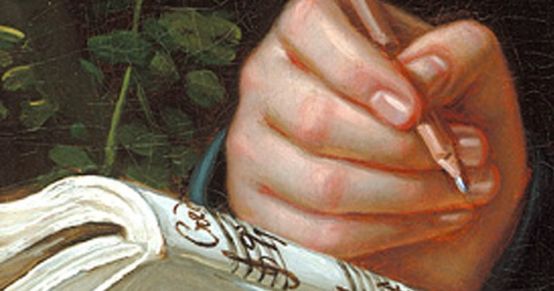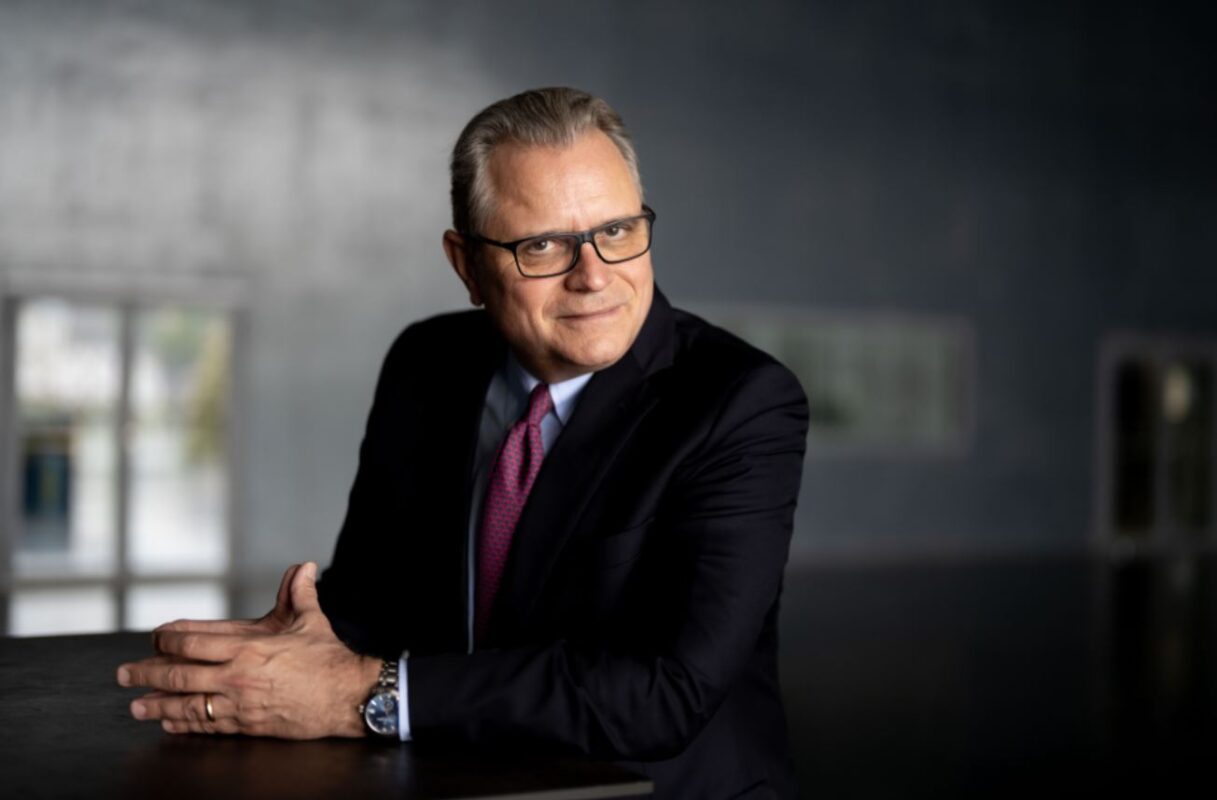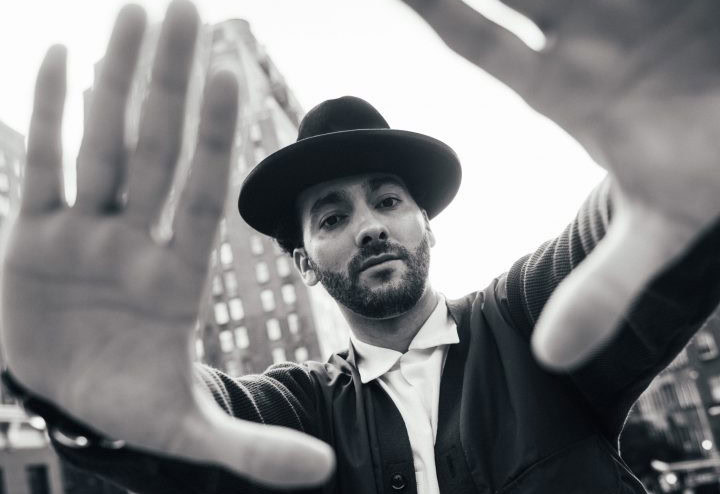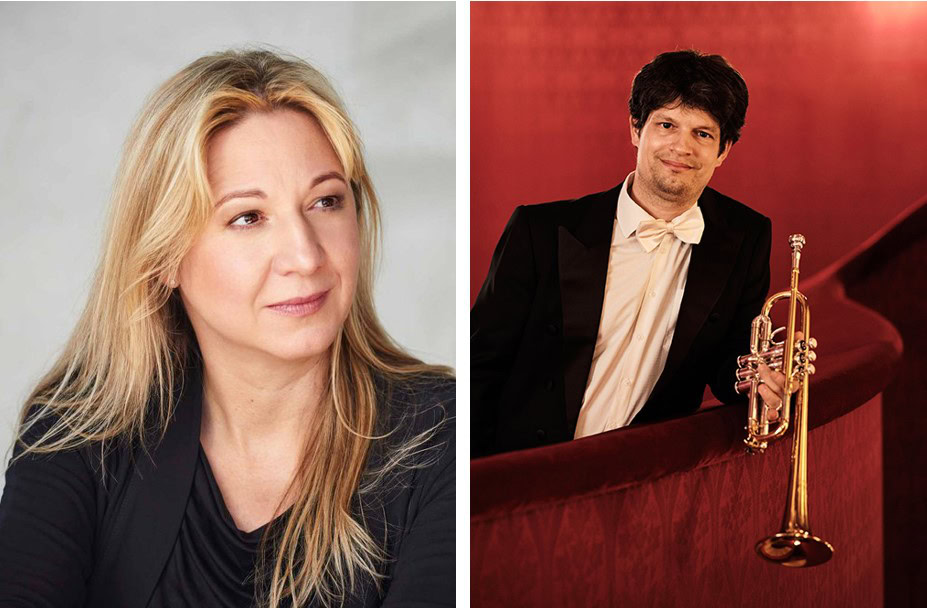Concerto for Piano and Orchestra No. 4 in G major
Beethoven every Friday: to mark his 250th birthday, we take a look at one of his works every week. Today it's his fourth piano concerto.

"... humbly dedicated." The dedication of the Piano Concerto in G major op. 58 marks the beginning of a close musical and human friendship with the young Archduke Rudolph of Austria (1788-1831). Beethoven taught the talented Archduke piano playing and composition until 1824, who in turn, together with Princes Lobkowitz and Kinsky, contractually agreed to pay him a lifelong annuity on March 1, 1809. It is therefore no coincidence that the Archduke is the first person to dedicate Beethoven's compositions to him, both in terms of number and weight: In addition to the Fourth Piano Concerto, composed in 1805/06, the Fifth Piano Concerto in E flat major op. 73 is also dedicated to him, as is the Les-Adieux-Sonata op. 81a, the piano reduction of the opera Fideliothe Violin Sonata in G major op. 96, the Piano Trio in B flat major op. 97 ("Archduke Trio"), the Piano Sonatas op. 106 and op. 111, the Missa Solemnis op. 123 and finally the Large joint op. 133 for string quartet.
The work itself is full of special features. Not only does the piano enter with the main theme in the opening movement before the orchestra. Robert Schumann even compared the Andante, which is often recitative-like and consists of seemingly rigid contrasts, to Orpheus, who, in order to reach Eurydice, appeased the Furies with his lyre. At the first public performance on December 22, 1808, Beethoven himself took on the solo part and "sang truly on his instrument with a deep melancholy feeling that also flowed through me" - according to Johann Friedrich Reichardt's recollection. Although the entrances and cadenzas worked out for Archduke Rudolph around 1808/09 have been known since 1865, the special role of the piano in this work nevertheless challenged numerous concertizing composers to write their own cadenzas, among them (alphabetically) Eugen d'Albert, Johannes Brahms, Hans von Bülow, Ferruccio Busoni, Nikolai Medtner, Ignaz Moscheles, Anton Rubinstein, Clara Schumann and Camille Saint-Saëns.
Listen in!








